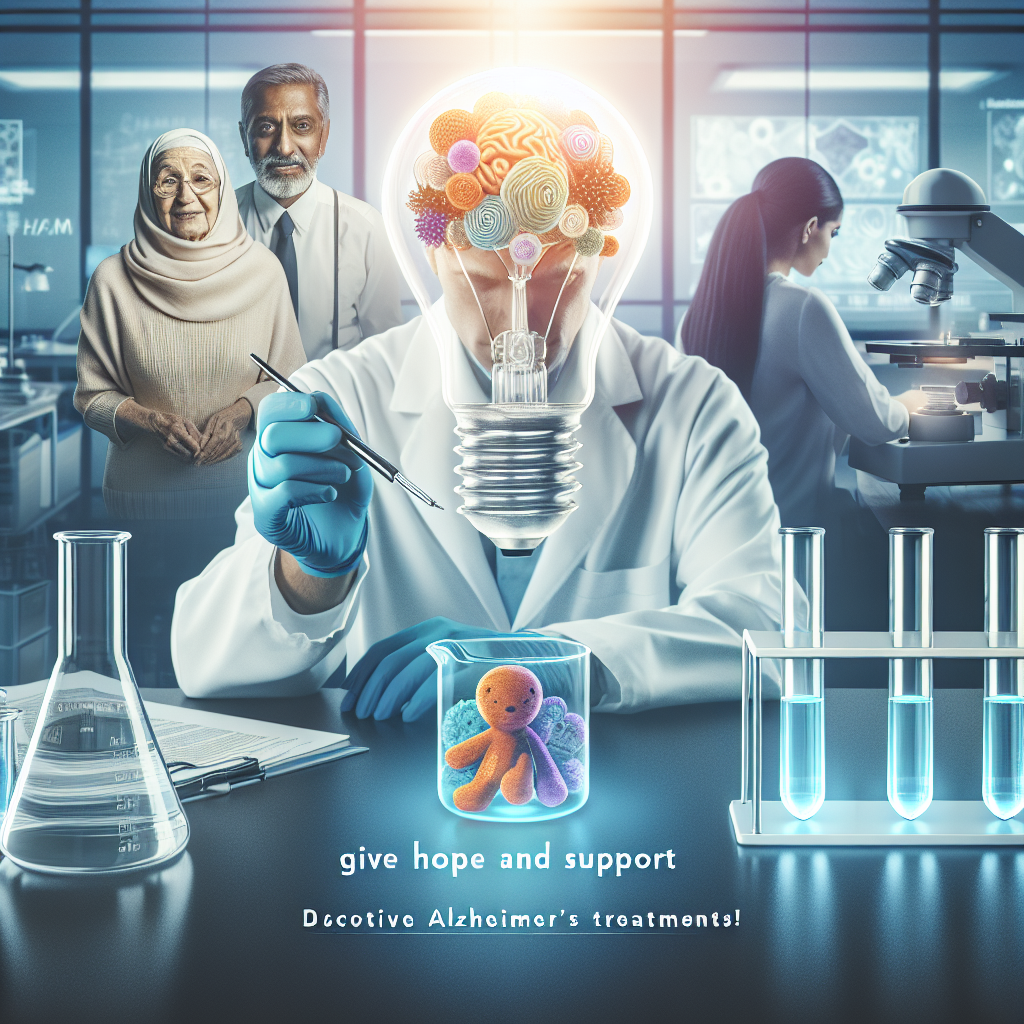Alzheimer’s disease is a progressive brain disorder that affects millions of people worldwide. It is the most common cause of dementia, causing memory loss, cognitive decline, and behavioral changes. While there is currently no cure for Alzheimer’s, there are several effective treatments that can help manage the symptoms and improve the quality of life for those affected. In this article, we will explore some of these treatments and how they can give hope and support to individuals with Alzheimer’s.
Related Topics (Sponsored Ads):
Read More
Medication plays a crucial role in managing Alzheimer’s disease. There are several FDA-approved drugs available that can help slow down the progression of the disease and alleviate some of the symptoms. These medications work by regulating neurotransmitters in the brain, improving memory, thinking, and behavior. It is important to note that these medications may not work for everyone, and their effectiveness varies from person to person. However, they can provide significant relief and improve cognitive function in many individuals with Alzheimer’s. In addition to medication, non-pharmacological interventions have shown promising results in managing Alzheimer’s symptoms and improving overall well-being. These interventions focus on enhancing cognitive abilities, promoting social engagement, and reducing behavioral problems. Several alternative therapies have gained popularity in recent years as complementary treatments for Alzheimer’s disease. While their effectiveness is still being studied, many individuals have reported positive outcomes from these therapies. While there is no cure for Alzheimer’s disease, there are several effective treatments available that can give hope and support to individuals with the condition. Medications like cholinesterase inhibitors and memantine can help manage symptoms and slow down cognitive decline. Non-pharmacological interventions, such as cognitive stimulation, physical exercise, social engagement, and environmental modifications, can also improve overall well-being. Additionally, alternative therapies like aromatherapy, music therapy, and animal-assisted therapy have shown promising results in enhancing the quality of life for individuals with Alzheimer’s. Related Topics (Sponsored Ads):Medication
Non-Pharmacological Interventions
Alternative Therapies
Summary
Sources



